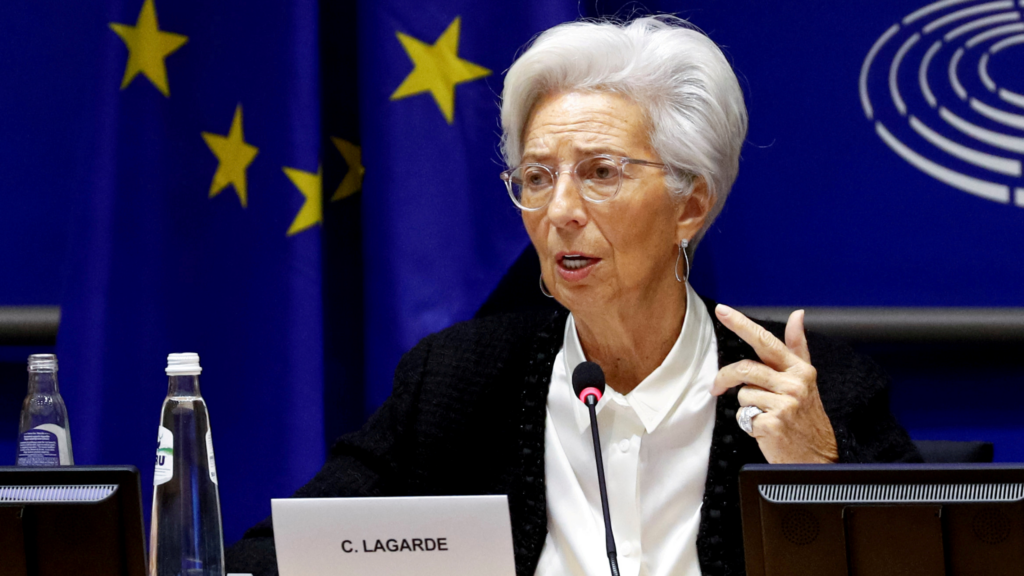European Central Bank (ECB) President Christine Lagarde has suggested that a digital euro could be introduced to Europeans before her term concludes in 2027. However, she emphasized that this ambitious timeline would require an accelerated rollout.
During a discussion with reporters in Paris on June 7, Lagarde highlighted the necessity for cooperation among EU bodies to establish a unified framework for the digital currency.
“We are not the only ones working on this. The European Commission and the European Parliament will be critical, as they will give us the legal framework within which a digital euro would be issued,” she stated, according to an official transcript.
The concept of a digital euro involves creating a digital version of central bank money, offering an efficient and inclusive payment solution. This digital currency would act as a counterpart to physical cash and, with the ECB’s endorsement, be accessible to the public like traditional banknotes and coins.
Lagarde has voiced strong support for the ECB’s digital euro initiative, viewing it as essential for the bank to remain “fit for the future.” She underscored the importance of adapting to the evolving preferences of Europeans, who are increasingly favoring digital payment methods.

Interest in the digital euro is growing among Europeans, fueled by the advocacy of both the ECB and the European Commission. A recent survey revealed that half of Germans are open to incorporating a digital euro into their payment options.
Despite the enthusiasm, privacy concerns persist. ECB board member Fabio Panetta acknowledged these issues, noting that the digital euro would be designed with privacy considerations in mind. However, he admitted it might not offer the same level of anonymity as cash.
“We will try to replicate the features of cash that people appreciate, that citizens prefer. That is, maximum level of privacy,” Panetta explained.
While Lagarde is optimistic about a pre-2027 launch, other experts foresee a later timeline. Germany’s central bank president, Dr. Joachim Nagel, suggested a more conservative estimate, predicting a rollout in 2028 or 2029.
The development of a digital euro marks a significant step towards modernizing the European financial landscape. As the ECB and other EU institutions work together to bring this initiative to fruition, the balance between innovation and privacy will be crucial to its success.















